From February 16 to 23, the PDEC organized a delegation of 2023–2024 academic and professional master’s students for an overseas study program at Singapore Institute of Management (SIM). Titled “AI-Driven Applications and the Future of Visual Experience Interaction in the Intelligent Era,” the program aimed to cultivate students’ innovative thinking and foster international talents for the digital economy. The delegation was led by Lei Lianghai, Professor of Business School, and Xu Jing, Deputy Director of the Graduate Academic Affairs Office.
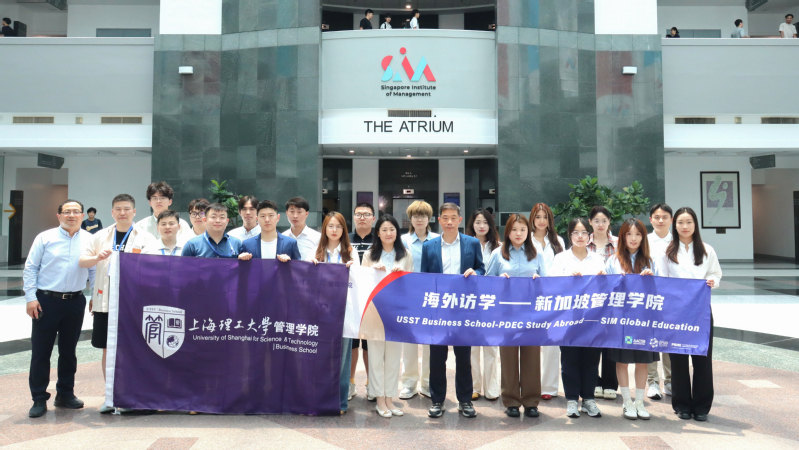
Design Thinking: Empowering ‘Green’ Sustainable Development
In the Introduction to Design Thinking course, Professor Li Weicong from SIM elaborated on the five key steps of design thinking: Empathy, Problem Definition, Ideation, Prototyping, and Testing. Through practical exercises, students transformed abstract user needs into concrete blueprints. Professor Li emphasized, “Tools are not answers but ways to ask questions. Only by centering on users can we navigate complex business challenges”.
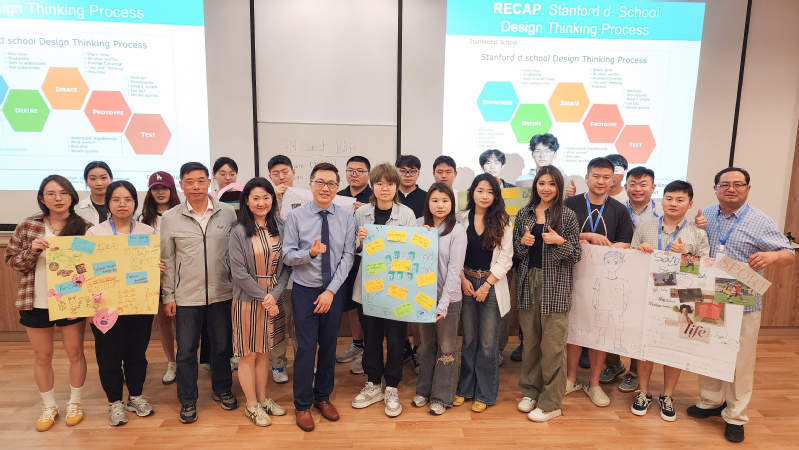
During the Green Branding and Sustainable Development course, Professor John Bounaparte analyzed cases such as IKEA’s modular refugee shelters and Microsoft’s offline education systems, highlighting that “SDGs (Sustainable Development Goals) are not constraints but catalysts for corporate innovation.” He argued that economic development should ultimately achieve symbiosis between humanity and nature, citing Singapore’s “Garden City” model as a blueprint for balancing technological advancement and policy frameworks.
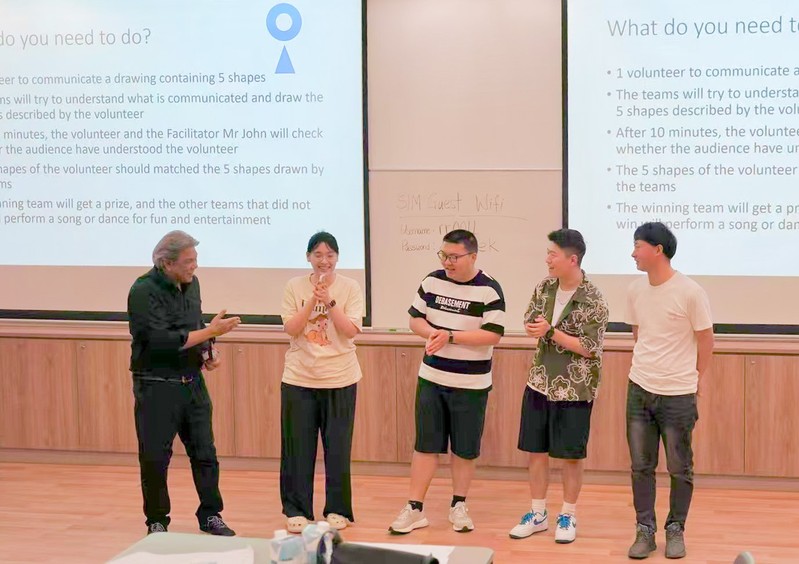
In the Digital Era and Visual Mapping course, Professor Tan Chengxiang used case studies like TikTok’s recommendation algorithms and Xiaohongshu’s viral content strategies.
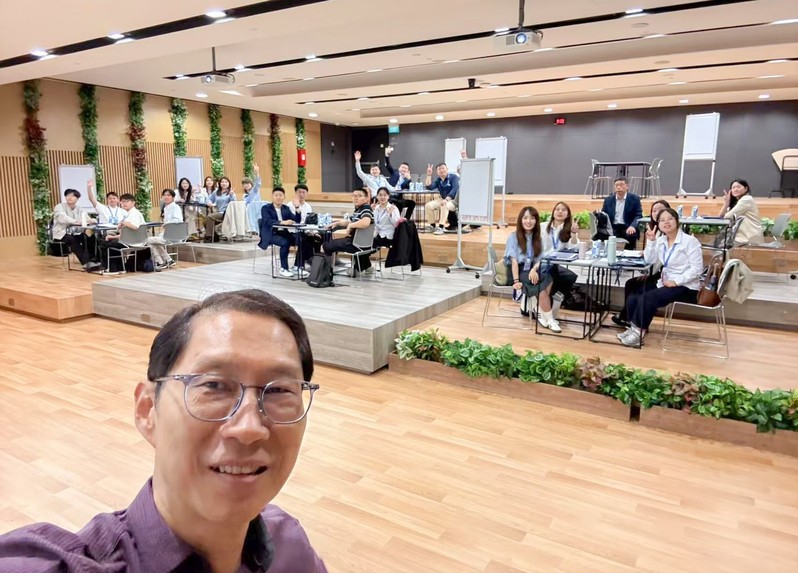
Professor Jean Foo, in the Business Analysis and Concepts course, emphasized that business analysis transcends numerical games—it requires deep exploration of corporate motivations.
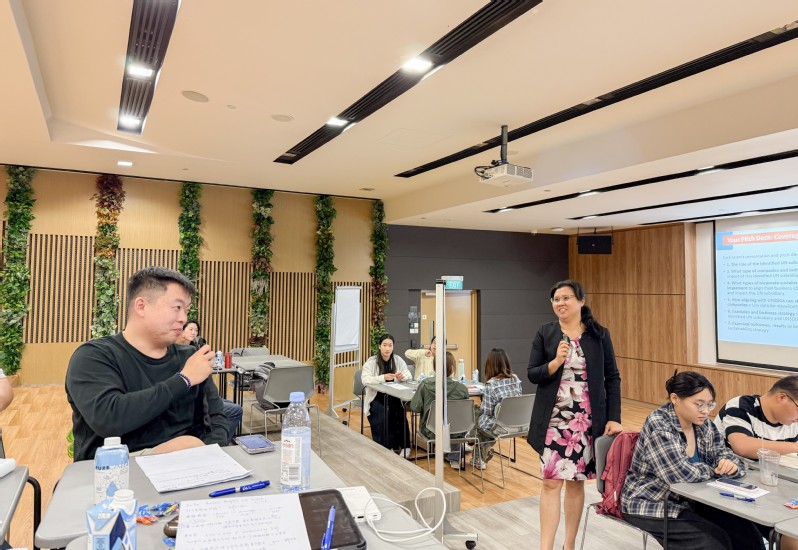
Corporate Visits: Decoding Innovation
The delegation visited Phillip Capital, a leading Asian fintech firm, where discussions on Sino-Singapore capital market differences revealed how policies serve both as barriers and catalysts for innovation.
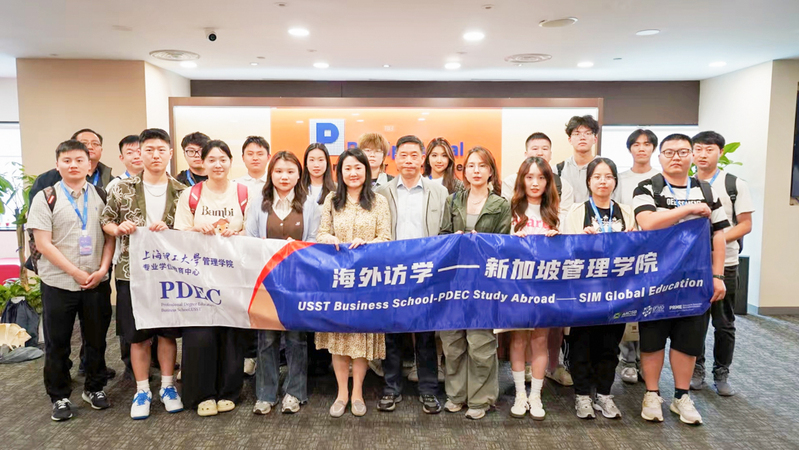
At RSM Singapore, the largest accounting and consulting firm in the country, students experienced Singapore’s AI-enhanced global business environment firsthand, gaining insights into multinational management practices and cultural adaptability.
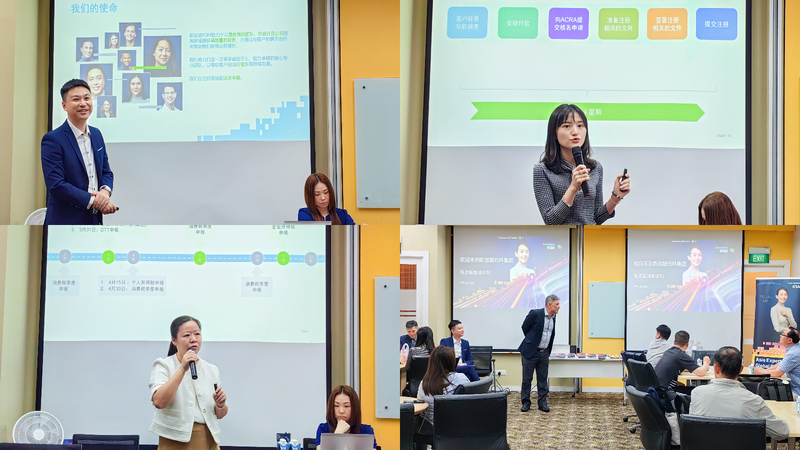
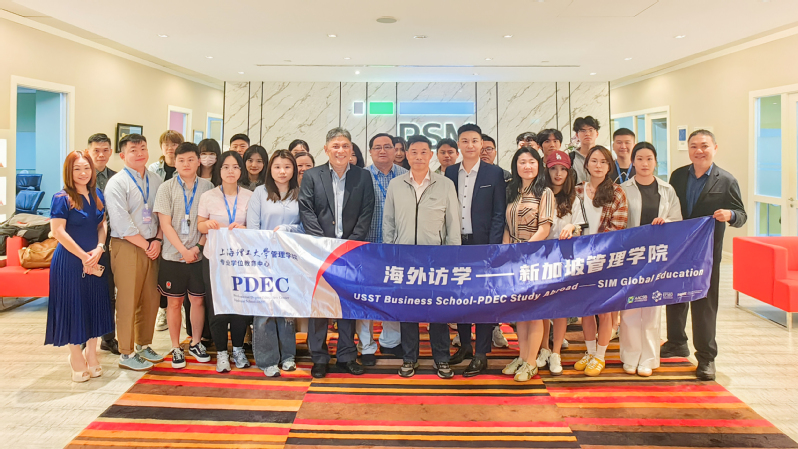
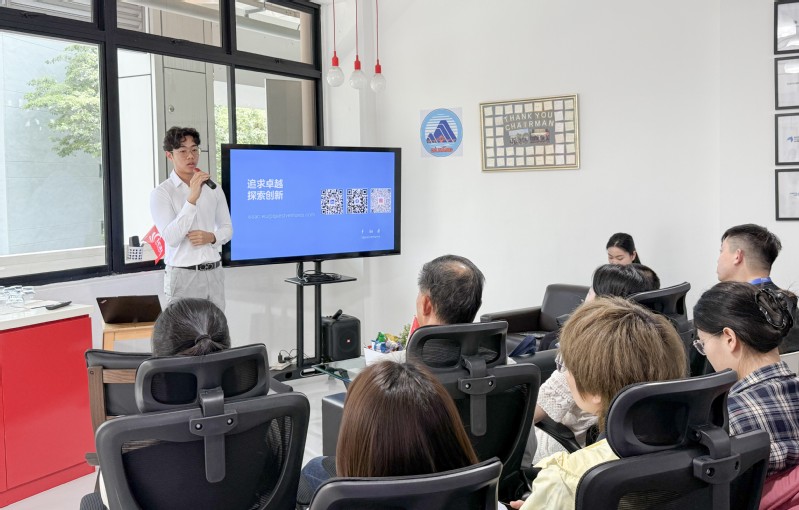
Cultural Integration: Embracing Diversity
On the final day, students delivered group presentations aligned with the UN SDGs, covering topics ranging from “Path to Zero Hunger” to “Hydrogen-Powered Shipping Pilots” and “Solutions for Food Waste.”
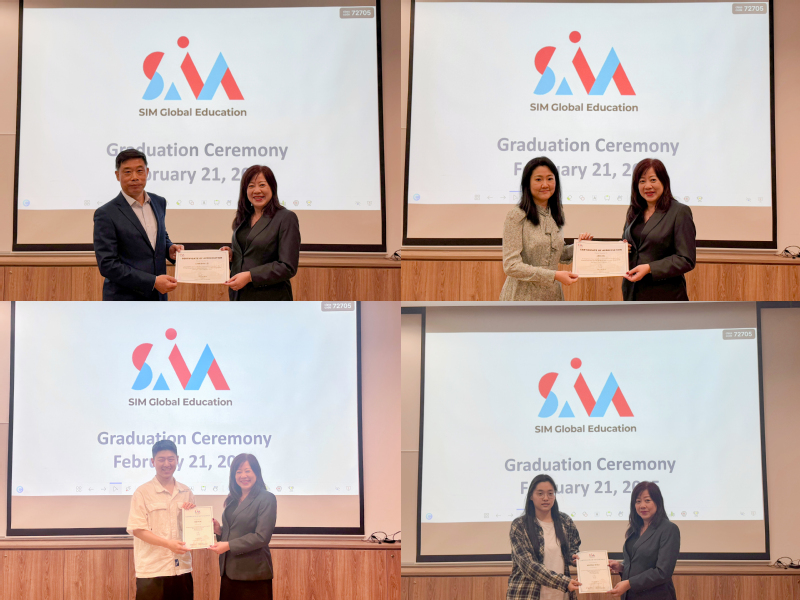
After this study tour in Singapore, teachers and students returned with high expectations for green transformation, fintech, and AI empowerment, laying a foundation for further cooperation between the two universities in the future.
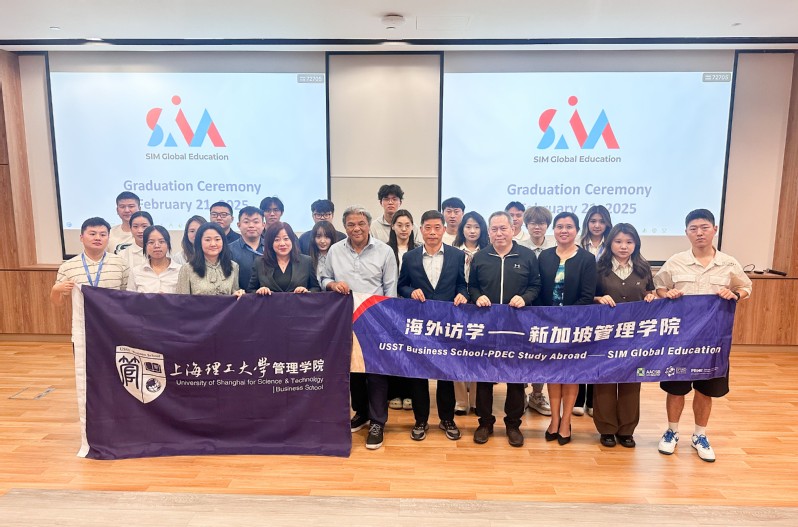
Translated by Wei Xin
Reviewed by Liu Weiwei


